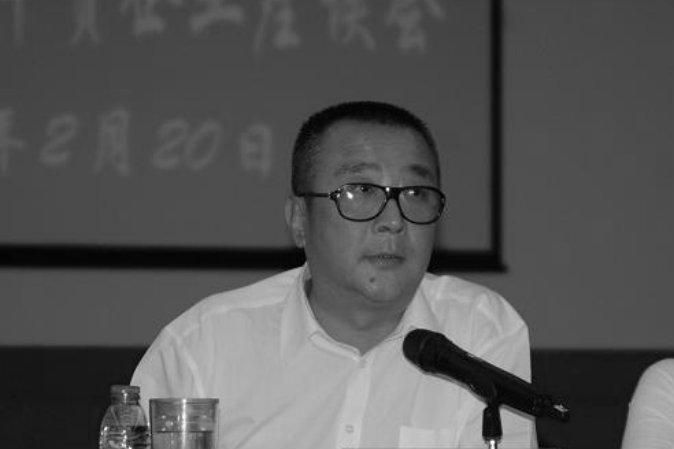Editor’s note: The anti-corruption campaign surging through China is the most significant political event in the country’s recent history. Led by Chinese Communist Party chief Xi Jinping and his deputy Wang Qishan, it has heavily targeted officials closely tied to Jiang Zemin, for years the Party’s behind-the-scenes godfather. The campaign’s non-political aspect has also seen a mass cleansing of corrupt officials at a lower ranks around the country. This regular column documents the assault as events take place.
Golfers try to avoid hazard areas on a course; for corrupt Chinese officials, the sport itself has just become a hazard to steer clear of.
Wang Shenyang, the director of China’s commerce ministry’s Department of Outward Investment and Economic Cooperation, is being investigated for “participating in a company’s golfing event,” according to a ministry memo on March 31. Wang had replaced his predecessor, Wu Xilin, just eleven days previously.
Golf, the “rich man’s game,” was forbidden as an example of “Western decadence” when Chairman Mao Zedong’s reigned in 1949. The Chinese regime first lifted the ban in 1984, but the elite sport was frowned upon two decades later, and the building of new golf courses was prohibited in 2004. This order was widely ignored, and golf courses grew from 200 to more than 600, according to Xinhua.
This year marks the first time the decade-old prohibition has been enforced, with state mouthpiece Xinhua announcing on March 30 that 66 illegally built golf courses will be closed down to keep in line with Chinese leader Xi Jinping’s anti-corruption drive.
Corrupt officials are also known to carry golf membership cards worth hundreds of thousands of yuan, according to an article in Party mouthpiece People’s Daily Online.
***
“Tigers” from the the petroleum, auto, telecommunications, and electricity sectors have all been snared in the Party’s anti-corruption campaign—now, a steel baron joins them.
Cui Jian, the deputy general manager of China’s largest state-owned iron and steel company, Shanghai Baosteel Group Corporation, is being formally investigated by the Shanghai branch of the Central Commission for Discipline Inspection (CCDI), according to a March 31 statement on the anti-corruption watchdog’s website.
CCDI’s 13th inspection team began investigating the 55-year-old on March 1, according to Chinese website Peng Pai, known as The Paper in English.
The graduate of Shanghai’s Tongji University spent his whole career there, making deputy general manager of the company’s Shanghai branch in 2004; he attained his current position only last year.
Cui is suspected of “seriously violating the law,” a charge that implies corruption.
***
In an apparent attempt to enhance the independence of the judiciary, a top Communist Party agency ordered judges to report cases of officials trying to sway judicial proceedings, according to Xinhua.
The Party’s General Office issued the rules, comprised of 13 articles, on March 30. It said that judges had to keep “detailed records” of any “interference” by officials.
Officials countrywide have been “criticized for impairing judicial credibility by meddling in cases,” Xinhua said.
But neither the General Office nor Xinhua answered the simple question: if an official is powerful enough to sway the outcome of a case before a judge, wouldn’t they be powerful enough to prevent that interference from being recorded?




